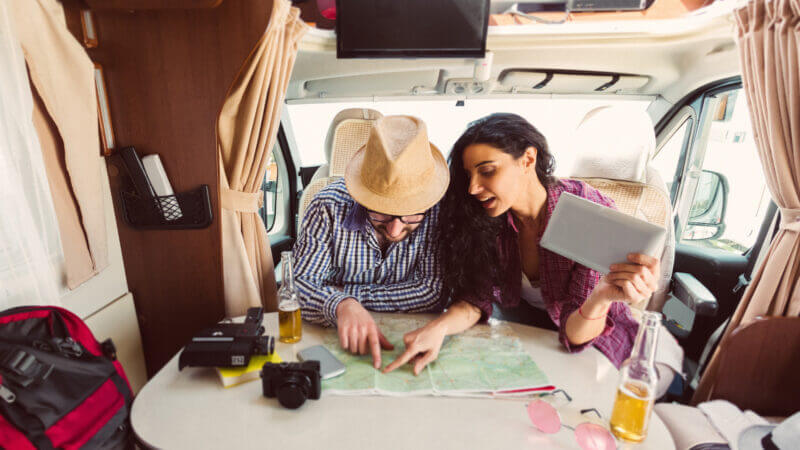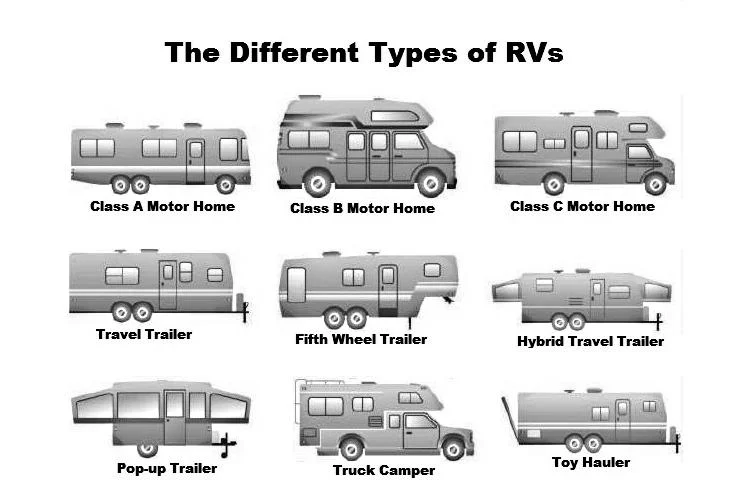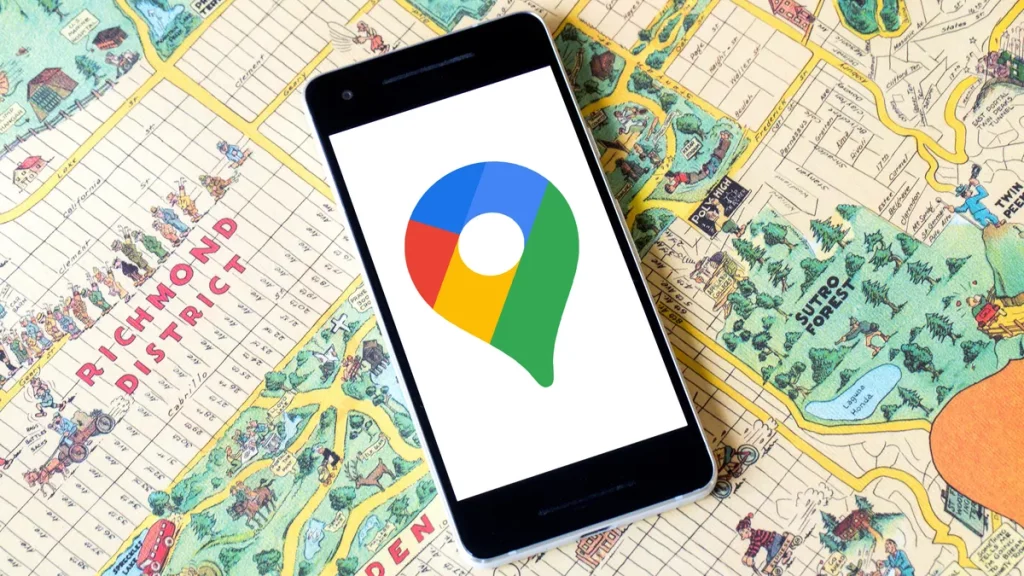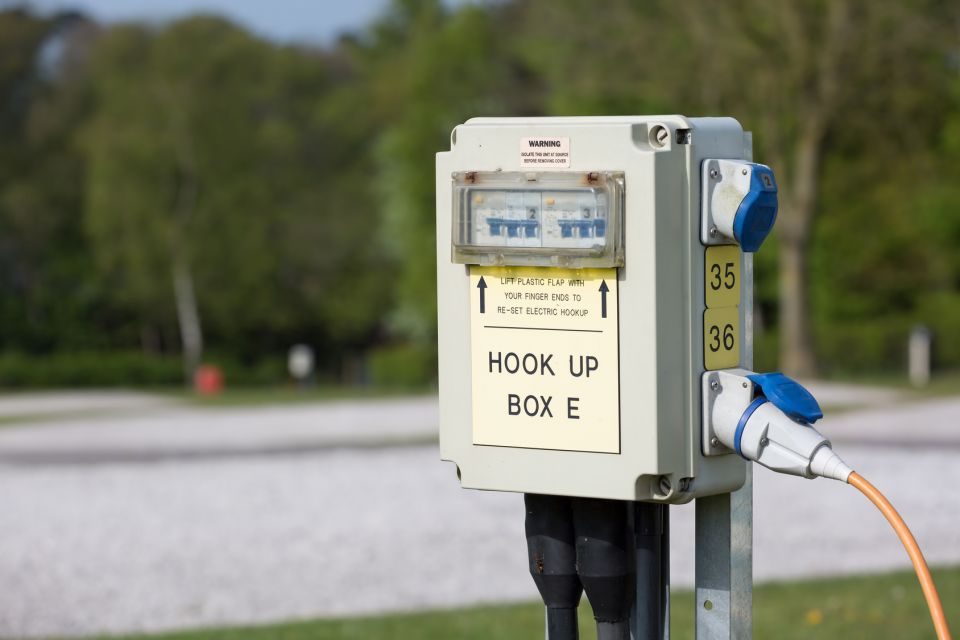RV rentals are a great way to explore the country and experience the freedom of the open road. Whether you’re planning a family vacation, a solo road trip, or a group adventure, an RV allows you to bring all the comforts of home with you while also giving you the flexibility to go wherever you want. However, if you’ve never rented an RV before, it can be overwhelming to know where to start.
In this blog, we’ll provide you with 15 tips on how to rent an RV, including how to find the best deals and discounts, what to consider when choosing the right RV for your trip, and how to prepare for your journey. By following these tips, you’ll be well on your way to planning a memorable and stress-free RV adventure.
Tip #1: Start Planning Early
One of the most important things you can do when renting an RV is to start planning as early as possible. This is especially important if you’re planning to travel during peak season or if you have specific dates in mind. The earlier you start planning, the more likely you are to find the perfect RV at a price that fits your budget.

Here are a few reasons why it’s important to book early:
- Availability: RVs are in high demand, especially during peak season. If you wait until the last minute to book, you may find that all the RVs in your desired location are already booked. By starting early, you’ll have a wider selection of RVs to choose from and a better chance of getting the one you want.
- Prices: RV rental prices tend to increase as the rental date gets closer. By booking early, you’ll be able to lock in a lower price and potentially save hundreds of dollars.
- Discounts: Many RV rental companies offer discounts for early bookings. By booking early, you may be able to take advantage of these discounts and save even more money on your trip.
Tip #2: Determine Your Budget
Before you start looking for an RV rental, it’s important to determine your budget. RV rentals can vary greatly in price, depending on a number of factors such as the type of RV, the length of the rental, and the location. By setting a budget upfront, you’ll be able to narrow down your options and make sure you don’t overspend.
The type of RV you choose will have a big impact on the price. Class A motorhomes tend to be the most expensive, while smaller RVs like Class B van conversions and pop-up trailers are generally more affordable. The longer you rent the RV, the more you’ll pay. Consider how long you want to be on the road and how much you’re willing to spend.
RVs tend to be more expensive in popular vacation destinations, such as national parks and beach towns. However, if you’re willing to travel to a less popular location, you may be able to find a more affordable RV rental.
Tip #3: Choose the Right RV for Your Trip
When it comes to choosing an RV, there are many factors to consider. From the size and layout of the RV to the features and amenities, it’s important to choose the right RV for your needs and preferences.
Here are a few things to consider when choosing an RV:
- Size: The size of the RV is an important consideration, as it will determine how much space you have and how easy it is to maneuver. Class A motorhomes are the largest and most luxurious, while Class B van conversions and Class C motorhomes are smaller and more compact. Pop-up trailers and travel trailers are even smaller and more lightweight. But, again, consider how many people will be traveling with you and what kind of space you need.
- Features and amenities: RVs come with a wide range of features and amenities, from full kitchens and bathrooms to TVs and generators. Consider what features are most important to you and look for an RV that has those features.
- Age and condition: It’s important to consider the age and condition of the RV when choosing one. An older RV may be cheaper, but it may also be more prone to problems. On the other hand, a newer RV may be more expensive, but it will likely be in better condition and require less maintenance.

Tip #4: Know the RV’s Weight and Towing Capabilities
If you plan on towing a trailer or other vehicle with your RV, it’s important to understand the RV’s weight and towing capabilities. Overloading the RV or towing more than it can handle can be dangerous and cause serious damage to the RV.
The GVWR is the maximum weight the RV is designed to carry, including the weight of the RV itself, passengers, cargo, and other items. The hitch weight is the amount of weight that is applied to the RV’s hitch when towing a trailer or other vehicle.
It’s important to make sure the RV’s hitch can handle the weight of the trailer or other vehicle you plan on towing. The towing capacity is the maximum weight the RV can safely tow. This may differ from the GVWR, so check the RV’s towing capacity before towing any vehicle.
Tip #5: Understand the Rental Terms and Conditions
Before you sign on the dotted line, it’s important to thoroughly read and understand the rental terms and conditions of the RV you’re considering. These terms and conditions will outline the responsibilities of both the renter and the owner and any fees or penalties that may apply.
Rental Period
Make sure you understand the length of the rental period and any restrictions or limitations that may apply. For example, some rentals may have a minimum or maximum rental length, or they may only be available during certain months of the year.
Deposit
Most RV rentals require a deposit to be paid upfront. Make sure you understand the amount of the deposit and when it is due.
Insurance
It’s important to have insurance coverage while you’re on the road. Many RV rental companies offer insurance as part of the rental package, but it’s always a good idea to double-check the coverage and consider purchasing additional coverage if necessary.
Mileage
Most RV rentals come with a set amount of mileage included in the price. If you exceed this mileage, you may be charged additional fees. Make sure you understand the mileage limits and any additional fees that may apply.
Damage
It’s important to understand what is and is not covered in the event of damage to the RV. Ensure you understand the owner’s policy on damage and what steps you need to take in case of an accident or other issues.
Cancellation Policy
It’s a good idea to understand the cancellation policy in case you need to cancel your trip. For example, some rentals may allow you to cancel for a full refund, while others may have stricter cancellation policies.

Tip #6: Consider Insurance and Roadside Assistance
When renting an RV, it’s important to consider insurance and roadside assistance to ensure you have protection in case of any issues or accidents on the road. Here are a few reasons why it’s important to have insurance and roadside assistance for your RV trip:
- Accidents and damages: Accidents and damages can happen on the road, and having insurance can help cover the cost of any repairs or damages to the RV. This can help protect you from financial liability and ensure you have a safe and enjoyable trip.
- Mechanical issues: Mechanical issues can arise while on the road, and having roadside assistance can help you get the assistance you need to get back on the road quickly. This can be especially helpful if you’re in a remote or unfamiliar area.
- Peace of mind: Having insurance and roadside assistance can provide peace of mind knowing that you have protection in case of any issues or accidents.
Many RV rental companies offer insurance and roadside assistance as part of the rental package. Be sure to ask about these options and consider adding them to your rental if they’re not already included.
Tip #7: Make a Packing List
Before you hit the road, it’s a good idea to make a packing list to ensure you have everything you need for your trip. This will help you pack efficiently and avoid forgetting any important items. Make sure you have all the essentials, such as clothes, toiletries, and any medications you may need. It’s also a good idea to bring a first aid kit and any other supplies you may need in case of an emergency.
Suppose you plan on cooking while on the road, be sure to bring all the supplies you’ll need, such as pots, pans, utensils, and dishes. Also, don’t forget to bring plenty of entertainment, such as books, games, and movies, to keep you and your companions entertained during long drives or downtime. Finally, it’s a good idea to bring maps and travel guides to help you navigate your way and find fun things to do along the way.
Make sure you have all the important documents you’ll need, such as your driver’s license, registration and insurance papers for the RV, and any other documents you may need. Also, don’t forget to leave some room in your RV for souvenirs and any other items you may pick up along the way.

Tip #8: Familiarise Yourself with the RV Before Hitting the Road
Before you start your journey, it’s important to familiarize yourself with the RV and how it operates. This will help you feel more comfortable behind the wheel and better prepared to handle any issues that may arise. Take some time to familiarize yourself with the RV’s controls, such as the headlights, turn signals, and wipers. Make sure you know how to start and stop the engine and how to shift gears.
If the RV has appliances such as a stove, refrigerator, and microwave, take some time to learn how to use them. This will help you feel more comfortable and prepared to cook and clean while on the road. Also, make sure you know how the RV’s systems, such as the water, sewage, and electrical systems, work. This will help you troubleshoot any issues that may arise.
If you’re not used to driving an RV, it’s a good idea to practice driving and maneuvering in a safe area before hitting the road. This will help you get a feel for the size and handling of the RV and give you confidence behind the wheel.
Tip #9: Pack and Load the RV Properly
Properly packing and loading the RV is important for a number of reasons. First, it helps ensure that the RV is balanced and stable on the road and helps prevent items from shifting or falling while driving. It’s also important to load the RV in a way that makes it easy to access items you may need while on the road.
When packing the RV, it’s important to load the heavy items first, such as suitcases and appliances. This will help keep the RV balanced and stable on the road. Make sure to distribute the weight of the RV’s cargo evenly throughout the RV. Avoid stacking heavy items on one side or in one area, as this can cause the RV to become unbalanced. Pack items you’ll often need, such as snacks and drinks, in easy-to-reach places, so you don’t have to dig through the RV to find them.
Tip #10: Plan Your Route and Make Reservations
Before you hit the road, it’s a good idea to plan your route and make any necessary reservations. This will help ensure you have a smooth and stress-free trip. Also, plan out where you’ll be staying along the way. If you’re traveling with an RV, you’ll need to find RV-friendly campsites or rest stops where you can park and rest for the night. Many campsites and rest stops have amenities such as restrooms, showers, and dump stations, which can be very helpful when traveling with an RV.
If you prefer to stay in hotels along the way, be sure to book your rooms in advance. This will help ensure you have a place to stay and save you money on last-minute rates.

Tip #11: Follow Road and RV Safety Guidelines
When traveling with an RV, following road and RV safety guidelines is important to ensure a safe and enjoyable trip. This includes following the speed limit, observing traffic laws, and paying attention to the road at all times. In addition, before hitting the road, make sure all your equipment is in good working order. This includes the RV’s brakes, tires, lights, and any other safety-related items.
Always use turn signals when changing lanes or turning to alert other drivers of your intentions. It’s important to maintain a safe following distance when driving an RV. This will give you plenty of time to react to any sudden stops or other issues that may arise. It’s important to observe the speed limit when driving an RV, as it can be more difficult to stop or maneuver than a smaller vehicle.
Tip #12: Use Caution When Hooking Up Utilities
When traveling with an RV, you may need to hook up to utilities such as water, sewage, and electricity. It’s important to use caution when hooking up these utilities to ensure you do it correctly and avoid any potential issues.
Safety tips to follow when using RV utilities:
- Follow the manufacturer’s instructions: Be sure to follow the manufacturer’s instructions when connecting to utilities to ensure you do it correctly and safely.
- Use caution when handling hoses: Be careful when handling hoses, especially sewage hoses, to avoid any spills or accidents.
- Don’t overload the electrical system: Make sure not to overload the electrical system by using too many appliances.

Tip #13: Be Prepared for Emergencies
When traveling with an RV, it’s important to be prepared for emergencies to ensure you have a safe and enjoyable trip. Here are a few essential items to have on hand in case of a breakdown or other emergency:
- Spare Tire and Jack
- First Aid Kit
- Fire Extinguisher
- Flashlight and Batteries
- Tools and Supplies
- Emergency Phone Numbers
Tip #14: Know Where To Find Help if You Have Problems on the Road
Despite your best efforts, it’s possible that you may encounter problems or issues while on the road with your RV. Therefore, it’s important to know where to find help if you need it, whether it’s for mechanical issues, medical emergencies, or other issues.
- Roadside Assistance: This can be a helpful resource if you encounter any issues with the RV while on the road.
- Emergency Services: Make sure you have the phone number for local emergency services and know how to use the RV’s emergency flashers to alert other drivers.
- Repair Shops: Many larger cities have RV repair shops that can help with common issues.
- Online Resources: Many online resources are available to help you find assistance on the road. Apps like iOverlander and Allstays can help you find campsites, rest stops, and other resources along your route.
Tip #15: Have Fun and Be Flexible
While it’s important to plan and prepare for your RV trip, it’s also important to have fun and be flexible. Be open to new experiences and try to be spontaneous. You never know what you might discover or who you might meet along the way. It’s a good idea to leave some room for flexibility in your plans. This will allow you to adapt to any challenges that may arise and make the most of your trip.
Don’t stress too much about the details. Instead, remember to relax and have fun on your trip. After all, that’s what an RV adventure is all about!

Conclusion
Renting an RV can be a fun and exciting way to explore new destinations and experience the great outdoors. Following these 15 tips, you can make the most of your RV adventure and have a smooth and enjoyable trip.
Some key tips to remember when renting an RV include: starting your planning early, understanding the rental agreement, checking the RV’s condition before and after the trip, being prepared for emergencies, following the rules of the road, and considering insurance and roadside assistance.
It’s also important to have fun and be flexible on your RV trip, leaving room for new experiences and adapting to any challenges that may arise.
With these tips in mind, you’ll be well on your way to planning and enjoying your own RV adventure. So don’t wait any longer – start planning your RV trip today and experience the freedom and adventure of the open road!

